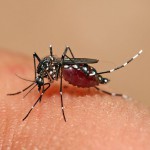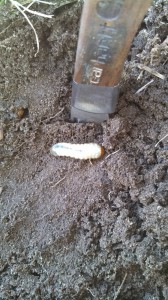 Mosquitoes spreading the Zika Virus is one of the hottest topics on the national news. Before that it was West Nile Virus.
Mosquitoes spreading the Zika Virus is one of the hottest topics on the national news. Before that it was West Nile Virus.
It’s believed that 4 in 5 people with the virus don’t show any symptoms, and the primary transmitter for the disease, the Aedes mosquito species, is both widespread and challenging to eliminate. That means that fighting Zika requires raising awareness on how people can protect themselves. Google, whose mission is helping people find information, is providing UNICEF with a $1 million grant to help their efforts in analyzing, mapping and getting out information on the virus.
First, we were told to not worry because Zika Virus would not come to the U.S. A month later, the Zika virus was discovered in Texas, but not to worry because it would not come to the Midwest. A few weeks later, a woman in Indiana was diagnosed with the Zika Virus, but not to worry because it won’t come to Michigan. Then, a week later it was diagnosed in a woman in Lansing.
Zika Virus is spreading throughout the U.S. almost as quick as the promises by the presidential candidates. Zika Virus causes severe, permanent neurological disorders. It is spread by mosquitoes and once in the human system, it can be spread via sex.
Mosquitoes are the largest threat to our health. There were 5 confirmed cases of West Nile Virus in Michigan last September. While our mosquito program cannot eliminate every mosquito or prevent any diseases, it significantly reduces the mosquito population. You will be able to enjoy the outdoors and not get eaten alive.

